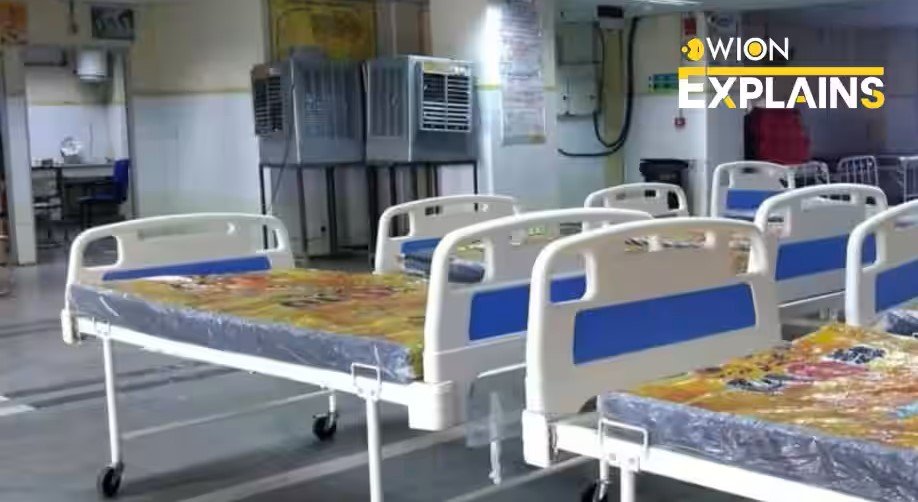Justice Katju Critiques Moeed Pirzada’s Views on Pakistani Diaspora’s Role in Nation Building

Moeed Pirzada’s superficial understanding
By Justice Katju
Moeed Pirzada is an upright Pakistani journalist, whom I respect, as he is bravely fighting for restoration of democracy in Pakistan.
However, with respect, his recent video talk reveals his inanity and superficial understanding.
Most of his talk is a rambling discourse on Indian history, which everyone is conversant with.
Moeed does not mention anything about what I told him in his interview of me some time back.
Towards the end of his talk Moeed refers to the Pakistani diaspora, and says that they are more knowledgeable than local Pakistanis, and should play a role in the political direction in Pakistan.
I too go often to USA and Canada and have interacted with many Pakistanis settled there. I found them to be fine people, and it is true that most of them are highly qualified as scientists, engineers, doctors, etc.
But to think that they can play a role in Pakistan is a facetious idea. They are interested in making money, and leading a comfortable life in North America.
Yes, many of them contribute some money to schools, hospitals, etc in Pakistan, and many have held demonstrations demanding restoration of democracy in Pakistan.
But that is about the end of their patriotism. To expect them to give up their comforts is asking too much.
Contrast this to what happened after the Chinese Revolution of 1949. Hundreds of Chinese scientists returned to China e.g. Deng Jiaxian, who had received his Ph.D. in nuclear physics from a top American University, and returned to China in 1950, and later became a major architect of the Chinese nuclear weapons program.
These scientists and students were welcomed back in China with open arms by the Chinese Govt, and many of the returnees took key positions in the Chinese research, development, and educational systems. The cutting edge science and technology they brought back gave the Chinese leaders growing confidence that China could indeed launch its modernization drive. It may also have encouraged the Chinese leadership to pursue increasing independence from the Soviet Union.
Altogether, from 1949 to 1956, 129 of these returned students went to work in the elite Chinese Academy of Sciences (CAS), and 109 of them achieved the senior status of associate research fellow (equivalent to associate professor), accounting for one quarter of all such positions in the academy. Qian Xuesen became the director of the Institute of Mechanics of the academy and later organized the Chinese rocket and missile programs. In fact, the Chinese government decided to launch its missile program in large part due to the return of Qian. Both individually and as a group, it is difficult to overestimate the importance of these returned students and scientists to the Chinese nuclear weapons and space programs. Among the twenty‐three Chinese scientists who were given national medals in 1999 for their contributions to the nuclear, missile, and satellite projects, nine had returned to China between 1949 and 1957.
These scientists who returned to China after 1949 received only a tiny fraction of the salaries and other benefits which they were getting in America, yet a burning sense of patriotism and a desire to build China as a modern industrial country made them return to their homeland, giving up many of their comforts in America.
Will any of the Pakistani diaspora do that ? I doubt it. They may contribute to some charity in Pakistan, but that is about all. They will certainly not permanently return to Pakistan.
Moeed needs to reconsider his views
